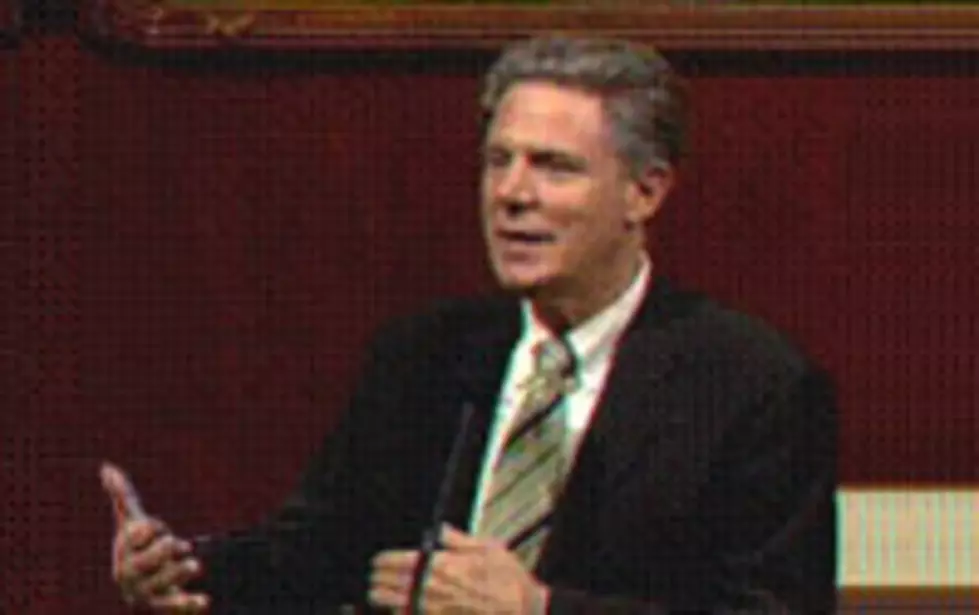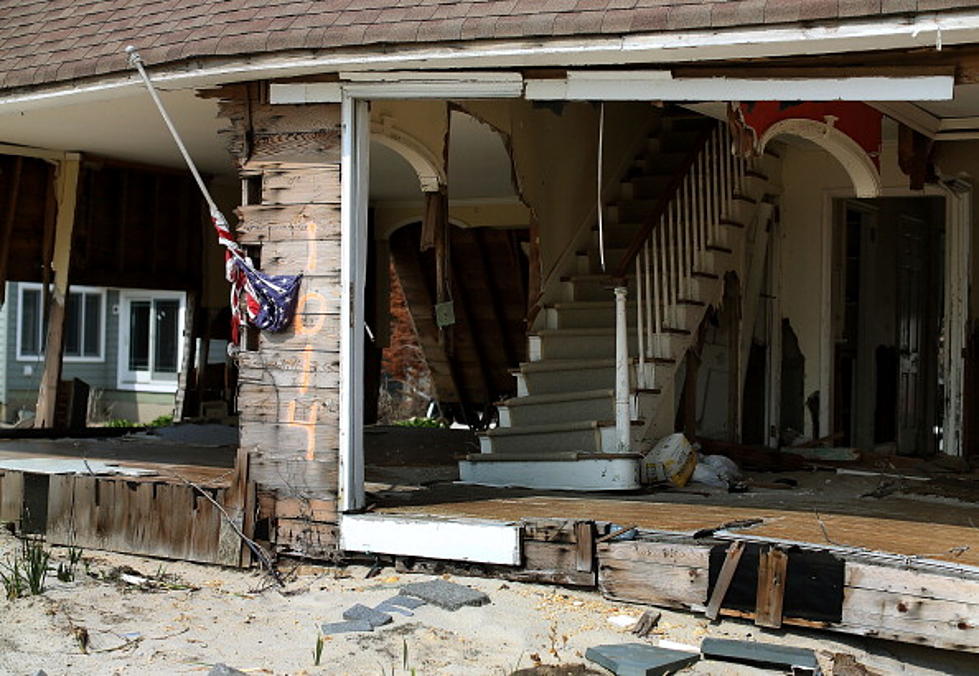
Congressional report accuses NFL of meddling in brain-injury study
The National Football League is accused of trying to subvert the brain-injury study it agreed to finance, in a blistering report issued today.
Shore-based Representative Frank Pallone, Jr. (D-6), ranking Democrat on the House Energy and Commerce Committee, issued the report which contends that the NFL's Head, Neck and Spine Committee attempted to influence grant reviews for the research commissioned by the National Institutes of Health (NIH), included in a $30,000,000 donation that the league pledged in 2012.
NIH maintained the integrity of the grant review process and research, but NFL reneged on its commitment to respect the science and prioritize health and safety, according to the findings.
The report dismissed NFL's argument that the Boston University study didn't match their request for longitudinal research. The league claimed that the study was tainted by conflicts of interest.
The Democratic Committee staff probe also faulted the nonprofit Foundation for NIH (FNIH), citing failure to effectively act as liaison between NIH and NFL. The organization's role is to direct public and private donations to NIH projects.
The investigation began after ESPN reported that the league refused to fund the study, citing its objections to the grantee.
Following the 2012 announcement, NIH undertook four research plans funded by the league. In 2014, NIH added another study of Chronic Traumatic Encephalopathy (CTE), focusing on adults with histories of repetitive head impacts over three-to-five-year periods. In July 2014, NFL agreed to cover $16,300,000 of the anticipated $17,500,000 cost.
NIH's National Institute of Neurological Disorders and Stroke (NINDS) ranked a proposal by Dr. Robert Stern of Boston University ahead of the other submissions. The league argued conflicts of interest over a three-month span, the report said.
NIH proceeded with the Boston University proposal, offering to use NINDS funds if necessary. The league did not finance the CTE research.
"This investigation confirms the NFL inappropriately attempted to use its unrestricted gift as leverage to steer funding away from one of its critics," Pallone said. "Since its research agreement with NIH was clear that it could not weigh in on the grant selection process, the NFL should never have tried to influence that process."
The Congressman accused the league of continuing a "longstanding pattern of attempts to influence the scientific understanding of degenerative diseases and sports-related head trauma."
Committee staffers recommended that FNIH clarify guidelines of donor interaction with NIH, establish right away with donors that NIH policy prohibits exerting influence in grant reviews, set donor involvement limits in unambigous terms, and address inappropriate actions in conjunction with NIH. They also suggest that all three entities amend their pact to reflect clear understanding of their roles.
The Committee also seeks briefings with, and more information from, all parties in the agrreement.
At a September meeting, NIH decided to move forward with the BU proposal. NIH concluded that the CTE study was vitally important to public health and safety, and if necessary, NIH would fund it in its entirety using NINDS funds. Ultimately, NFL did not fund the study.
More From 92.7 WOBM









